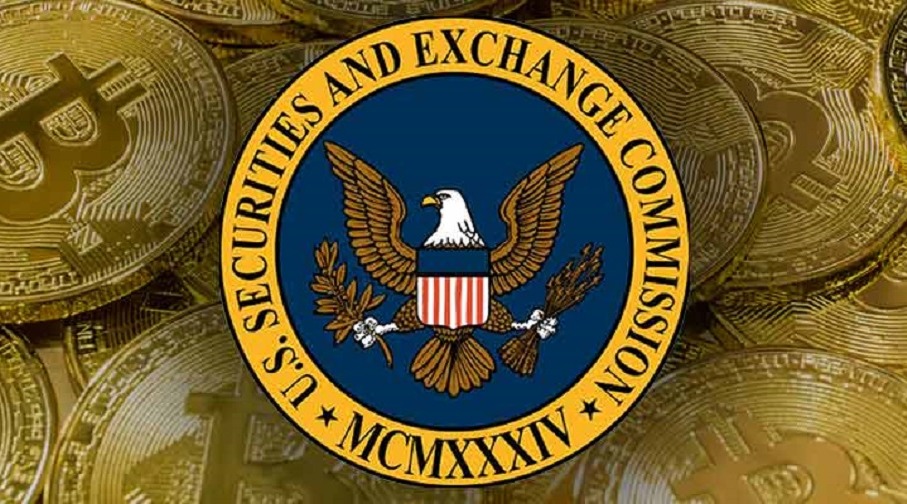The United States Securities and Exchange Commission (SEC) is doubling down on its cryptocurrency industry enforcement efforts with the addition of 20 new positions to its crypto-specific unit.
Announced on Tuesday, this addition will take the headcount of the unit, which is responsible for protecting investors in crypto markets and from cyber-related threats, to a total of 50. It came after the agency renamed the unit as Crypto Assets and Cyber Unit.
The newly added ranks include supervisors, investigative staff attorneys, trial counsels and fraud analysts, who will be based in Washington DC headquarters and regional offices.
“The U.S. has the greatest capital markets because investors have faith in them, and as more investors access the crypto markets, it is increasingly important to dedicate more resources to protecting them,” Gary Gensler, the SEC Chair, said in a statement.
The Unit behind Enforcement against Crypto Firms
The US securities market supervisor established the crypto enforcement unit in 2017. Since then, it has brought more than 80 enforcement actions related to crypto-assets that have resulted in a total monetary relief of more than $2 billion.
The unit focuses on the securities law violations related to crypto-asset offerings, exchanges, lending and staking platforms, decentralized finance (DeFi) platforms, non-fungible tokens (NFTs) and stablecoins.
It also focuses on cyber-related threats and took action against SEC registrants and public companies for lapses in cybersecurity controls.
“By nearly doubling the size of this key unit, the SEC will be better equipped to police wrongdoing in the crypto markets while continuing to identify disclosure and controls issues with respect to cybersecurity ,” Gensler added.
Furthermore, the SEC is in the middle of its legal battle with blockchain company Ripple, the fate of which can reshare the US regulations around cryptocurrencies. Also, the agency is looking into the crypto lending business and settled with BlockFi for a fine of $50 million; the company paid another $50 million to the state regulators.

















